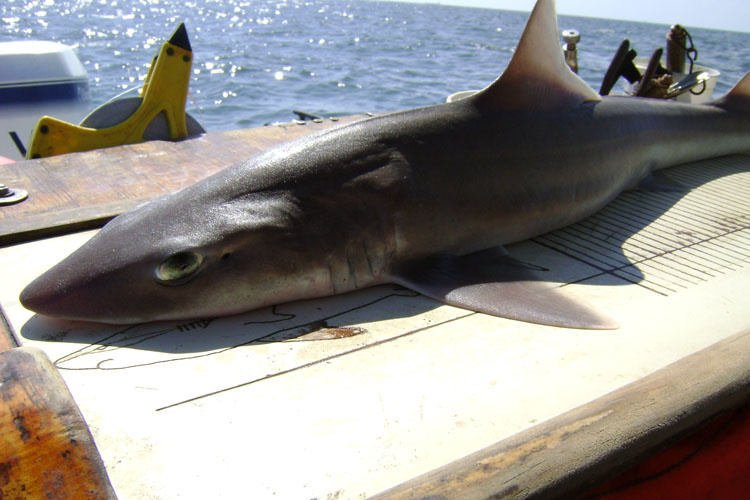It’s fair to say that if the press release is coming from Oceana, it’s not going to have anything nice to say about the fishing industry. This is an outfit that seems to glory in perpetuating the misconception that reports on global fisheries apply equally to U.S. fishermen, fleets and practices as they do to foreign industry players.
That’s why when I saw Oceana had collaborated in the launch of Global Fishing Watch, I knew something outside of the worthy mission of combating IUU fishing was likely to come of it. We saw that in late February with the release of an article in Science that based its data on Global Fishing Watch.
Granted, if you look at the maps of aggregate data, you’ll see that U.S. coastal waters are not covered with the traffic Oceana deems damning. But not many average readers have time to dig that far or ask these kinds of questions about data sets. They see the headlines and condemn all fishing en masse.
The misconception that our fishing industry is just a small part of a globally mismanaged fishing industry is a perpetual grind against our highly regulated U.S. fleets.
Fishing is the seventh most regulated industry in the country, just barely outranking fishing is commercial air travel. And right behind it? Oil and gas extraction.
“I fish in North Carolina, and I’m regulated by the South Atlantic council, the Mid-Atlantic council, NMFS, the Atlantic States [Marine Fisheries Commission] and the state of North Carolina,” said Dewey Hemilright, a 2012 NF Highliner from Wanchese, N.C., and a supporter of a new bill that would preserve U.S. shark fishing.
The Sustainable Shark Fisheries and Trade Act of 2018 (H.R. 524) is a bipartisan bill that aims to create a formal and transparent certification program for countries seeking to import shark products into the United States. Foreign nations would apply for certification from the U.S. Secretary of Commerce confirming that they have an effective prohibition on shark finning and have shark management policies comparable to ours.
American fleets that target sharks have been on the verge of a complete ban for several years, thanks to another bill that would have made the trade of shark fins illegal in this country — regardless of where they originated. Like many similar efforts, this bill had its roots in an honorable cause — to prevent shark finning. But this problem with the global shark trade is not perpetuated by our fishermen or our policies. In the battle to fight shark finning, we were committed to cutting off fishermen at the knees instead.
“Just because somebody wants to stop something in some other country, we shouldn’t have to discard money over it,” said Hemilright.
Now let’s wait and see what Oceana has to say about it. Or not.







